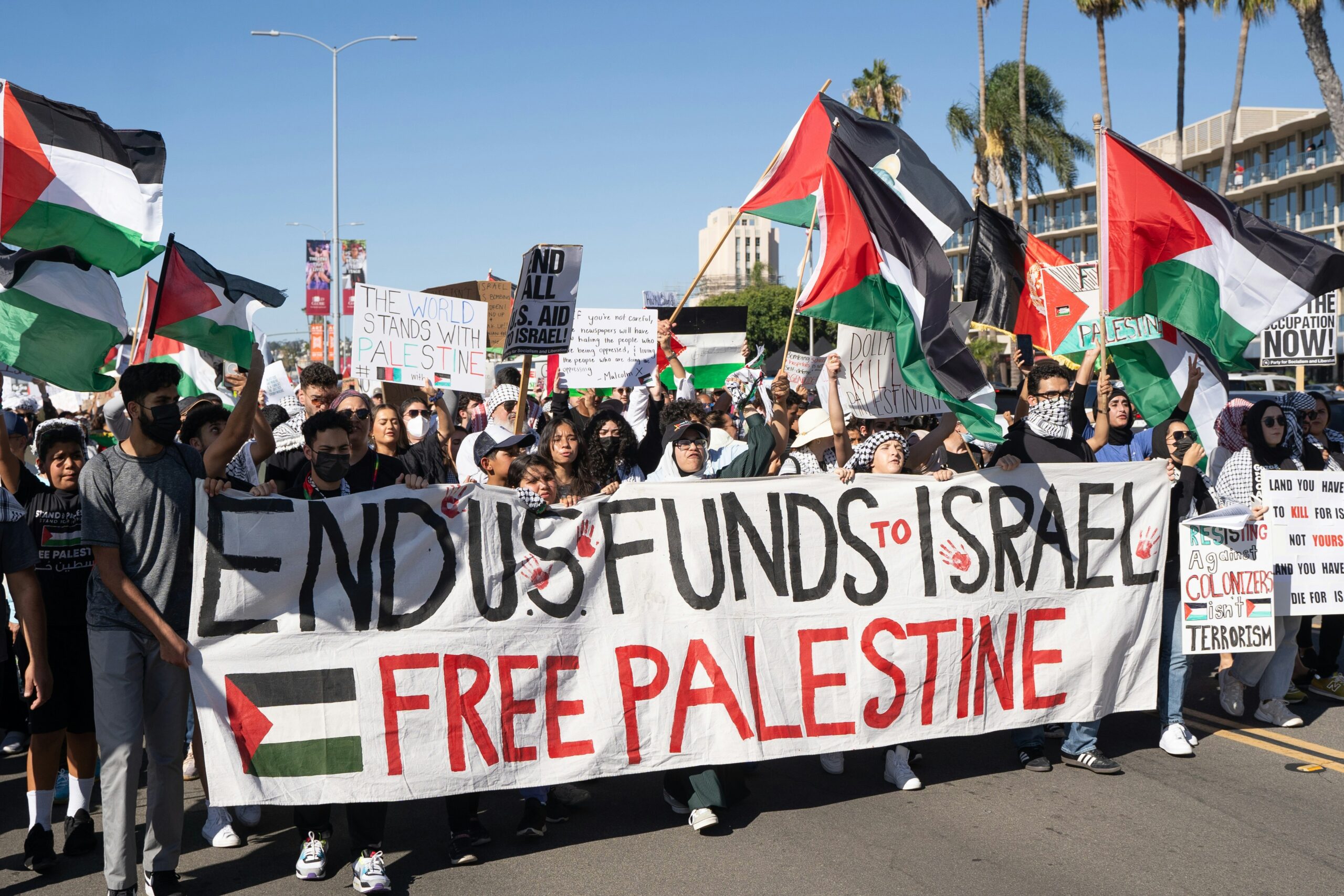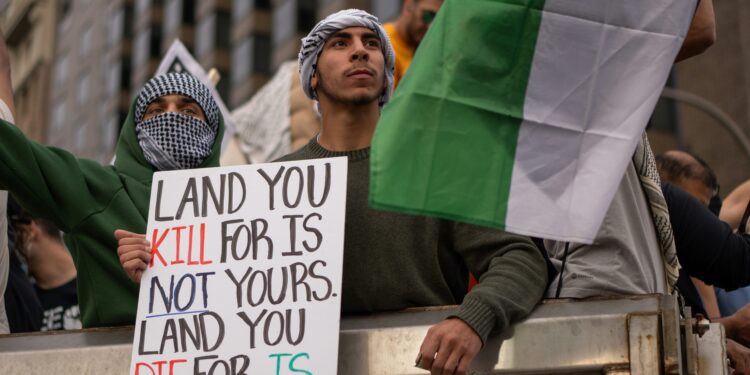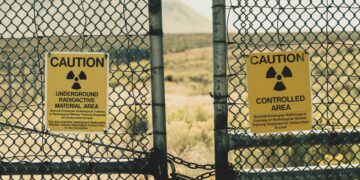Friday’s general strike in Italy saw workers abandoning their posts, dockworkers blockading ports, and activists storming runways, showing the deep seated fracture between official government policy and the moral convictions of the people.
Prime Minister Giorgia Meloni’s dismissal of the strike as a quest for a “long weekend” was not only condescending, it was also a profound misreading of the public sentiment shaking her nation. The staggering turnout (whether the government’s 400,000 or the unions’ 1.6 million) proves that the famine in Gaza, confirmed by UN experts, has become a visceral, mobilizing force in Italy.
This was a planned national awakening —one that forced a hard-right government, a close ally of Israel’s main backer, Donald Trump, to publicly acknowledge that Israel’s response has “gone beyond the principle of proportionality.” The strike achieved what diplomacy has failed to do: it made the distant war an urgent, domestic Italian crisis.

The government’s conditions for recognition (hostage release and Hamas’s exclusion from power) are now being challenged by a powerful new factor: the organized fury of its own citizens, amplified by a Catholic community “outraged” by the suffering in Gaza. The strike, coupled with the flotilla incident involving Italian politicians, has ripped open a political space for the left, demonstrating that public pressure can indeed shift the needle.
Meanwhile, Meloni’s criticism of Israel marks a significant, forced concession to this pressure, proving that the government is not immune to the tides of public morality, no matter how firmly it stands with its allies.
What Happens Now?
The energy on the streets must now be channeled into sustainable political action that moves beyond symbolic solidarity to create tangible change. The passion of the moment must be forged into a lasting strategy.
First of all, the Italian government must leverage its position as a U.S. ally to demand immediate, unrestricted humanitarian access to Gaza. This means moving beyond statements to actively leading a European coalition that bypasses blockades with air and sea aid corridors, using its diplomatic weight to make the delivery of food and medicine a non-negotiable priority.
Second, Italy should champion the cause of international justice by formally supporting investigations by the International Criminal Court and International Court of Justice into all alleged war crimes. This aligns with the protesters’ demand for accountability and positions Italy on the side of upholding international law, rather than being perceived as complicit in its violation.













